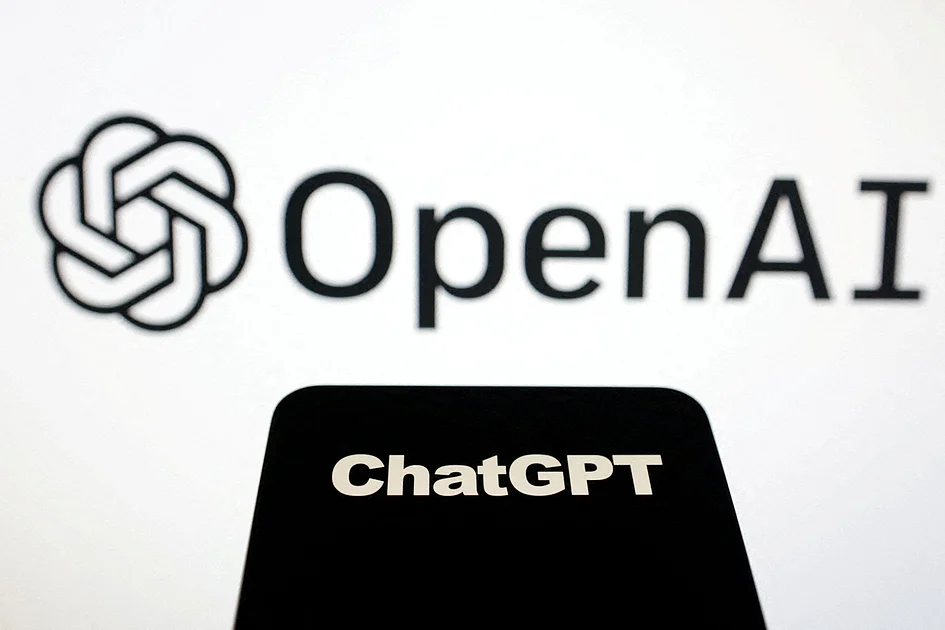Introduction to Openai’s Ambitious Plans
Since its debut in 2022, Chatgpt has quickly become one of the most famous and most common AI tools in the world. But Openai doesn’t stop there. A newly appeared internal strategy document shows that the company has far more ambitious plans: Chatgpt is to be converted from a helpful chatbot into its standard interface to the Internet.
The Developing Roadmap for Chatgpt
The document outlines the developing roadmap for Chatgpt. In essence, one goal is to create an "AI Super Assistant who deeply understands it and is your interface to the Internet". This assistant is envisioned to be an embedded, ubiquitous digital companion that supports everything, from planning your day to summarizing meetings, booking reservations, creating content, and even maintaining personal relationships.
From Chatbot to Great Assistant
While Chatgpt is currently accessed via familiar platforms – web, mobile, and desktop – Openai envisions it becoming a proactive, intelligent buddy that assists with every aspect of life. The company aims to make Chatgpt a tool that helps with the whole life, no matter where you are. To describe this next-generation assistant, Openai uses the metaphor of a "T-shaped" unit, capable of performing everyday tasks such as planning or notes, but with deep skills on a complex level in areas such as programming or technical writing.
Key Developments and Challenges
Several important advances are driving this development:
- More intelligent models (like GPT-4.5 and beyond) that can reliably perform autonomous, complex tasks
- Improved tool integration that enables Chatgpt to carry out real actions such as managing files or navigation software
- Multimodal interfaces that allow for more interactive and diverse forms of communication
Facing Competition and Infrastructure Challenges
Openai faces competition from companies like Google Gemini, Microsoft Copilot, and Meta AI. A significant section of the document indicates that Meta could be the most important long-term competitor, as it can integrate AI functionality into its vast ecosystem without the business model conflicts that Google faces with its core search income. To protect its leadership, Openai supports regulations that allow users to select their standard AI assistant across platforms. However, success is not guaranteed, and the document openly recognizes the infrastructure requirements for the increasing user base of Chatgpt, highlighting the need for Openai to establish its own data centers and chip supply.
Conclusion
With this ambitious roadmap, Openai is not only changing the role of chatbots but also how we interact with the Internet. The company’s vision for Chatgpt as a super assistant underscores its commitment to making AI a fundamental part of daily life, offering a future where AI assistants are not just tools, but integral companions in navigating the digital world.

